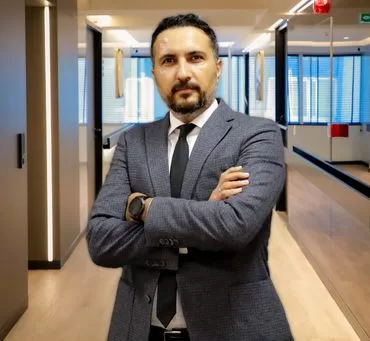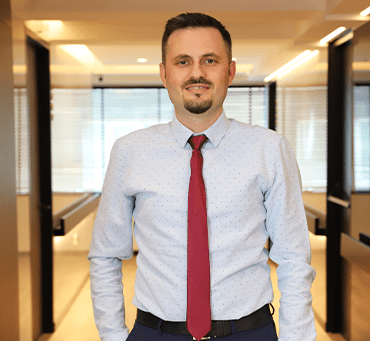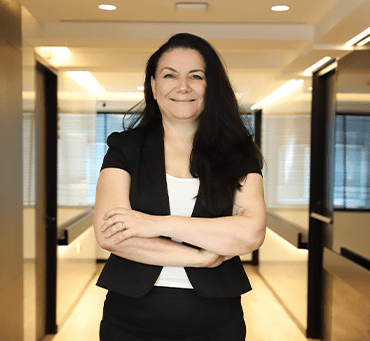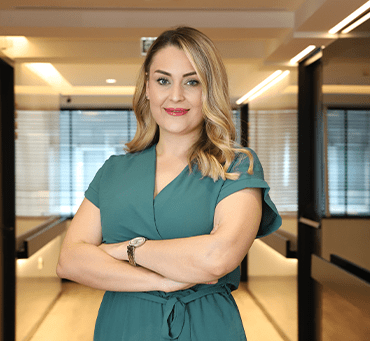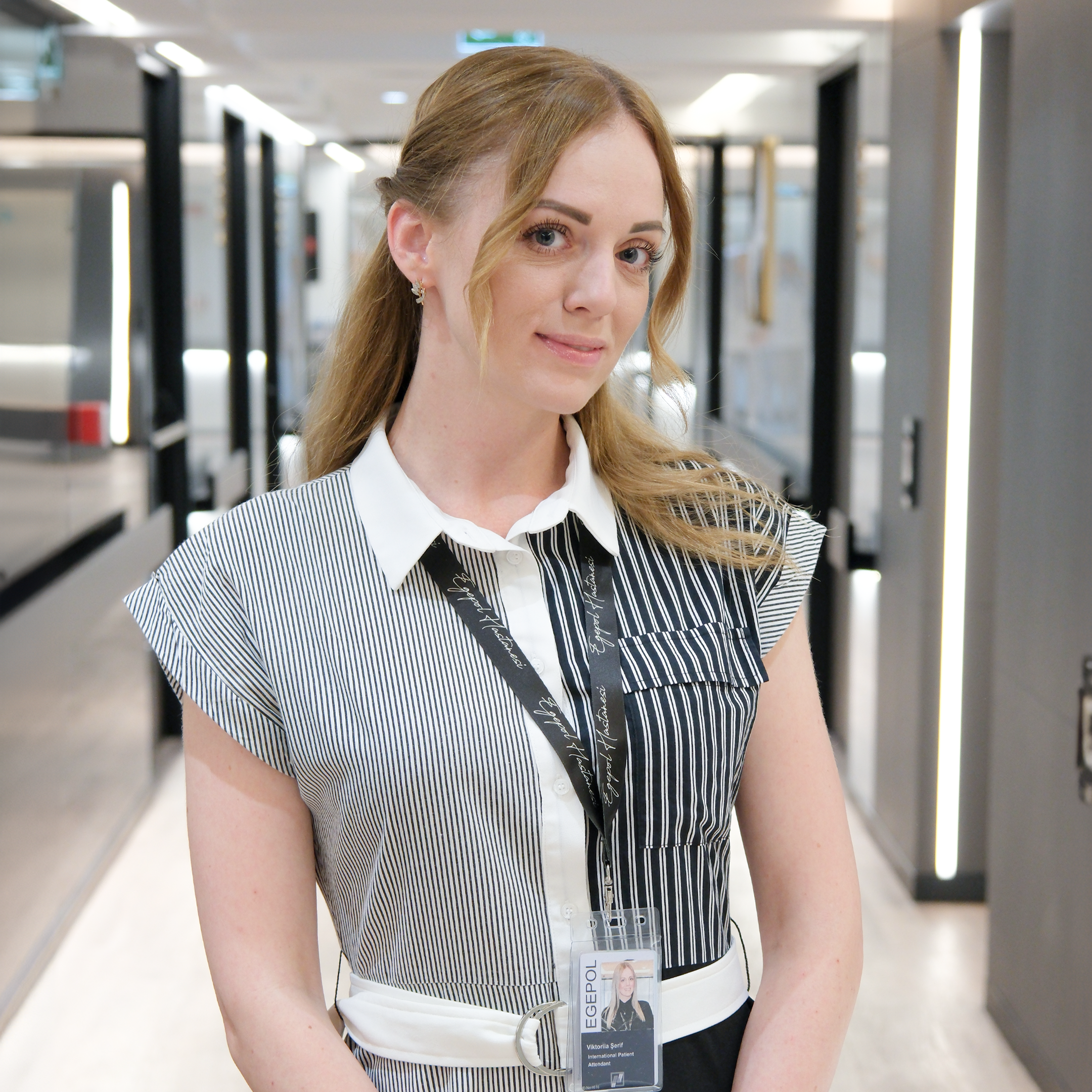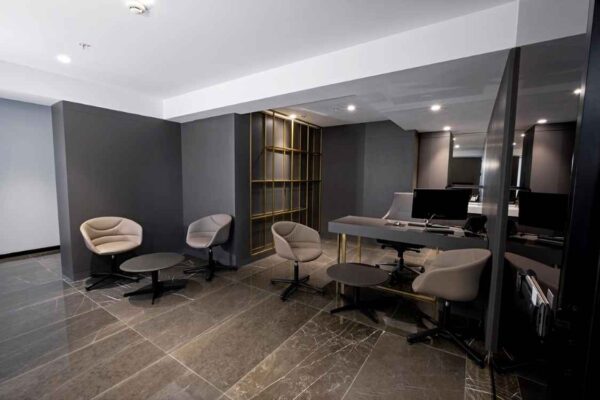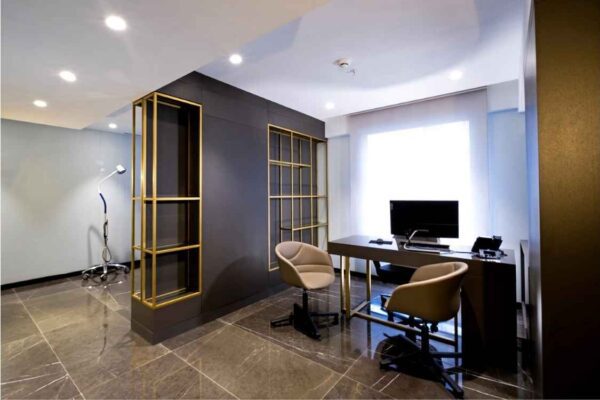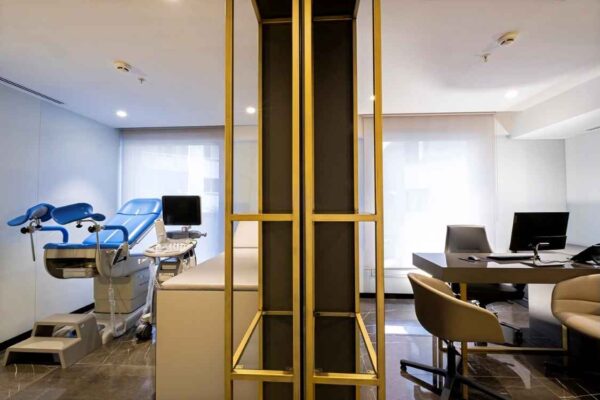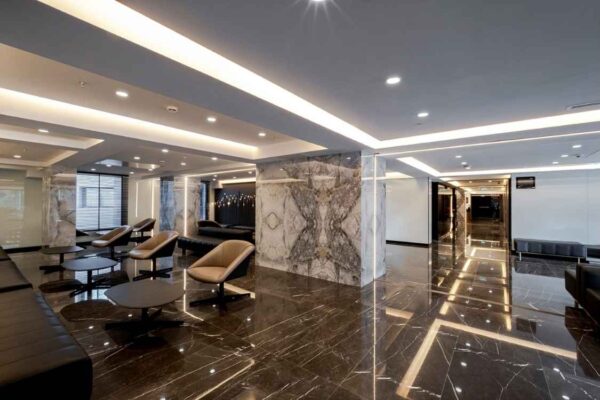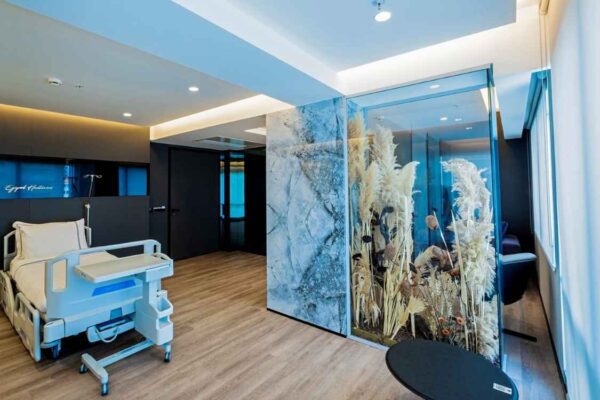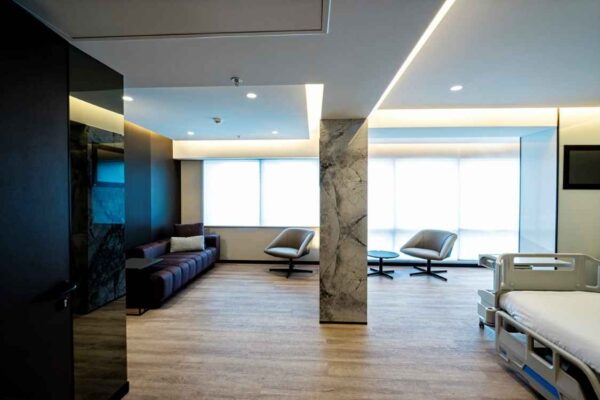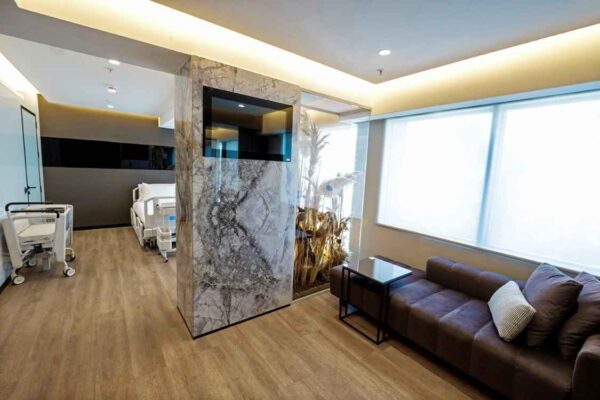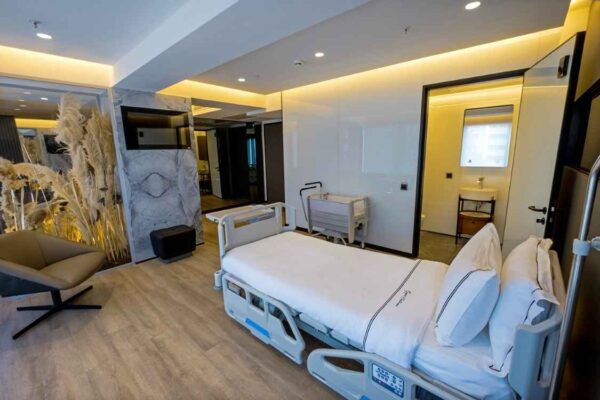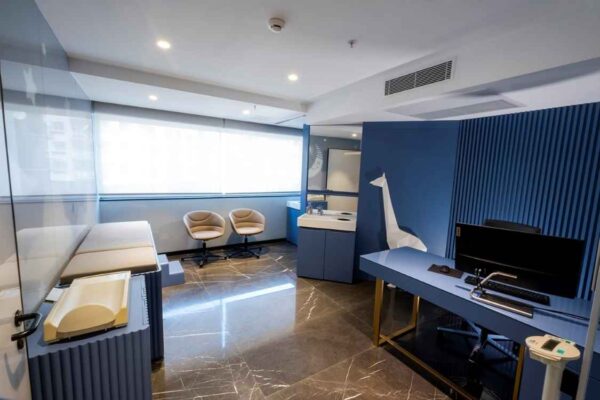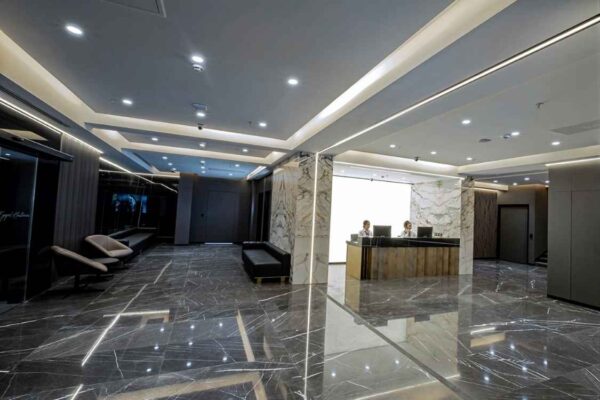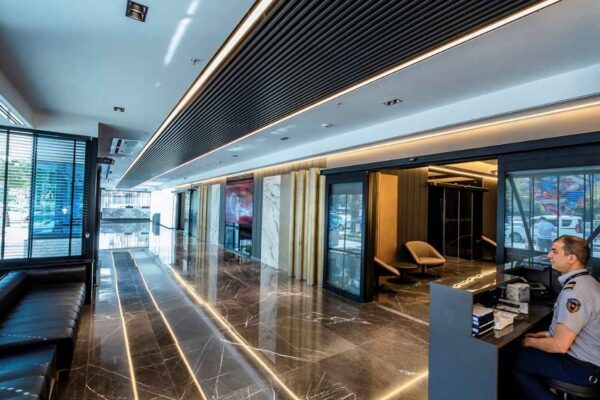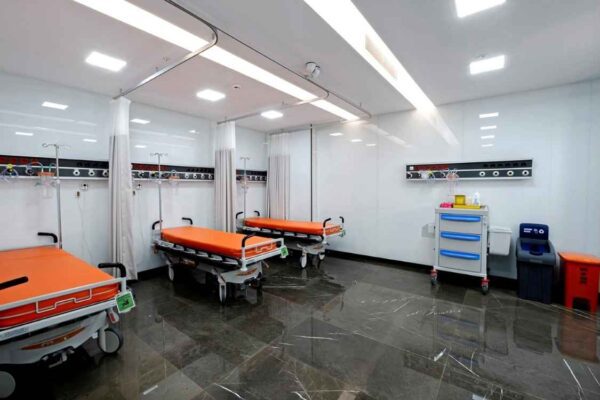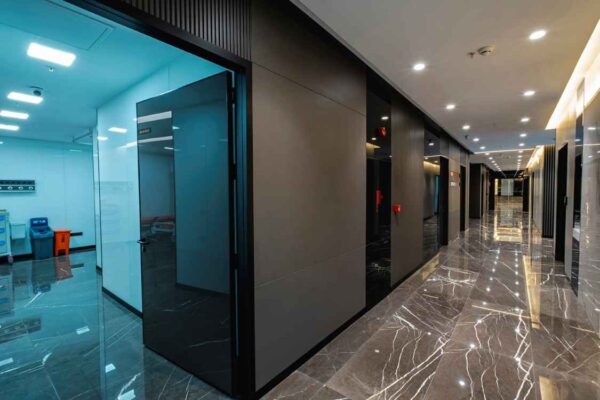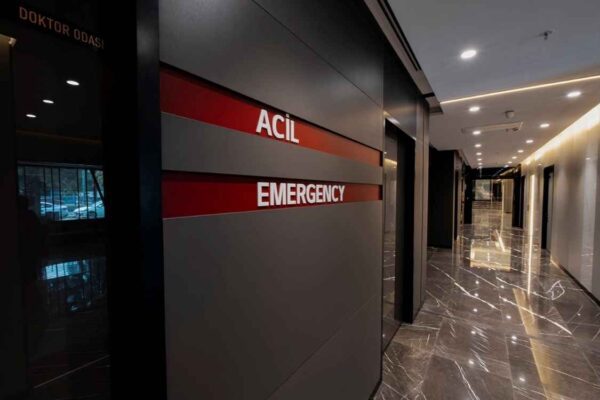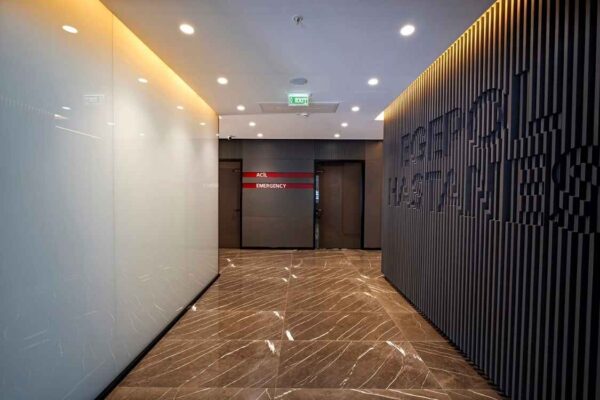Presbyopia, also known as “aging eyes,” is the gradual loss of an eye’s ability to concentrate closely. Presbyopia is typically more apparent in people over 40. As this ailment becomes more prevalent, a lot of people fly abroad in search of the greatest medical care. Turkey’s attraction to medical tourists seeking Presbyopia therapy is supported by a number of significant pillars, each of which contributes to defining Turkey’s position in the global healthcare system.
Presbyopia is caused by what?
Our eye’s lens is one of their components. The lens works to enhance vision by condensing light entering the eye so that it hits the retina. The lens’ flexible design allows it to change shape to carry out its focusing function.
How is presbyopia effectively treated?
Presbyopia symptoms can be treated in a variety of ways, depending on the patient’s preferences, lifestyle, and the advice of eye care professionals. Three groups of these techniques are possible:
- Corrective Lenses: Using corrective lenses to cure presbyopia is one of the most popular and non-invasive therapies available. This includes contact lenses designed specifically to correct presbyopia-related near vision issues, reading glasses, bifocal or multifocal eyeglasses, and other eyewear.
- Refractive Surgery: For individuals looking for a more long-lasting fix, refractive procedures like LASIK (Laser-Assisted In Situ Keratomileusis) and PRK (Photorefractive Keratectomy) can reshape the cornea to enhance near vision. Modern technology has made it possible to create multifocal corneas that offer sharp vision at various distances.
- Intraocular Lenses (IOLs): These lenses may be placed into the eye to replace the native lens when surgery is not an option or is judged required. Multifocal IOLs do away with the need for glasses or contact lenses by allowing for both close-up and distant vision.
Turkish Medical Faculties
People all across the world are affected by presbyopia, a common age-related vision issue. The need for superior, useful, and effective therapeutic solutions is therefore urgent. Turkish ophthalmologists are skilled in the management of presbyopia, and the country has established a strong reputation for providing high-quality healthcare at reasonable costs. We will assess the caliber of Turkish medical schools, the breadth of clinical knowledge of Turkish physicians, the aggressive pricing policy of the nation, and the nation’s commitment to maintaining strict European quality standards as we analyze the presbyopia treatment in Turkey.
Advances in infrastructure and technology
Turkish medical facilities of the highest caliber draw a large number of patients in need of treatment. Modern ophthalmological equipment has been acquired for use in Turkey’s hospitals and clinics, a nation with a thriving healthcare sector. These state-of-the-art establishments encourage superior care and warmly welcome visitors from all around the world.
Instruction and Learning
The Turkish healthcare system is separated into divisions depending on levels of education and training, hidden behind a gleaming façade of cutting-edge equipment. The nation’s top ophthalmology-specific institutions include some that are widely recognized as such, but others lack the recognition and research funds required to compete. This type has an impact on how Presbyopia is managed at the treatment center, therefore understanding it is crucial.
The Professionalism of Turkish Healthcare
Understanding and Awareness
Like any other institution, the Turkish healthcare system needs to be well-established. Turkish doctors, particularly ophthalmology specialists, have exceptional credentials. From respectable universities in Turkey and other nations, many people have acquired education and training. Because of their dedication to lifelong learning, doctors now have patients who may benefit from their pioneering work in the field of treating presbyopia.
In the field of medical tourism, clear communication is crucial. Foreign patients may encounter difficulties in Turkey when seeking medical care due to language problems. Although many Turkish healthcare professionals are English-bilingual, there is always room for improvement. If there were programs for language teaching and interpretation, it would be easy to win the patients’ trust.
The Cost of Presbyopia Therapy in Turkey
Turkey’s cheaper prices are one of its main draws for medical tourism. Due to the affordable prices and high quality of care provided, Turkey is a popular destination for presbyopia therapy. Patients frequently find that they can receive high-quality care for a fraction of what it would cost them in the West, providing them an amazing value for their money.
Openness and Non-Recoverable Expenses
To ensure patient satisfaction and trust, healthcare providers must continue to be transparent about their prices. The patient should be informed of the whole cost of their treatment, which should cover the cost of the consultation, any necessary diagnostic tests, the procedure, and any post-operative care that may be required. Patients who reject the unreported price could feel uneasy and anxious.
Turkey Offers Economic Benefits
Along with reasonable prices, Turkey also provides a variety of specific pricing incentives for presbyopia treatment choices.
In addition to post-operative care, housing, travel, and medical care, several hospitals in Turkey provide full, all-inclusive packages. While expediting the process for travelers, this improved technique significantly lowers expenditures.
Keep in mind that patients from other nations generally profit from favorable exchange rates. Prices keep falling as it is predicted that more Turkish currency will be spent overseas.
Compliance with European Quality Standards
Certification and Standards
Turkey has come a long way toward bringing its medical standards up to par with those in Europe. Turkey’s strict certification laws ensure that all medical facilities meet international standards, allowing patients to rest comfortable knowing they will receive top-notch care in a safe atmosphere.
Continuous Innovation and Upgrades
Constant progress is necessary to maintain Turkey’s reputation as a premier medical tourism destination. It’s important to conduct regular assessments and evaluations in order to spot issues and enhance patient happiness and safety. Turkey will be better able to hold onto its position as the world leader in medical tourism if it embraces innovation in medical procedures and technology.
Conclusion
Anyone looking for high-quality, cheap healthcare should give presbyopia treatment in Turkey significant consideration. In Turkey, a solid foundation for the management of presbyopia is provided by the country’s cutting-edge healthcare system and highly skilled medical workforce. Even though there are variations in medical education and training, patients can get over these challenges by carefully choosing renowned institutions.
FAQs
The local currency of the Republic of Turkey is the Turkish Lira. Our patients can convert their cash from exchange offices to Turkish Lira.
Our patients can withdraw money in Turkish Lira, Euro and Dollar through ATMs in Turkey. You can easily withdraw money with foreign language options available at ATMs.
Foreigners can use their own vehicles with the obligation to carry their own driver's license, vehicle license and passport with them. Vehicles are driven on the right side of the road in Turkey.
The sockets in Turkey are dual like the sockets used in Europe.
If you have your phone line open for use abroad before coming to Turkey, you can use your own operator as well as local GSM operators.
Our Team
Our Hospital
Atilla, Halide Edip Adıvar St.
No:57, 35270 Konak/İzmir




